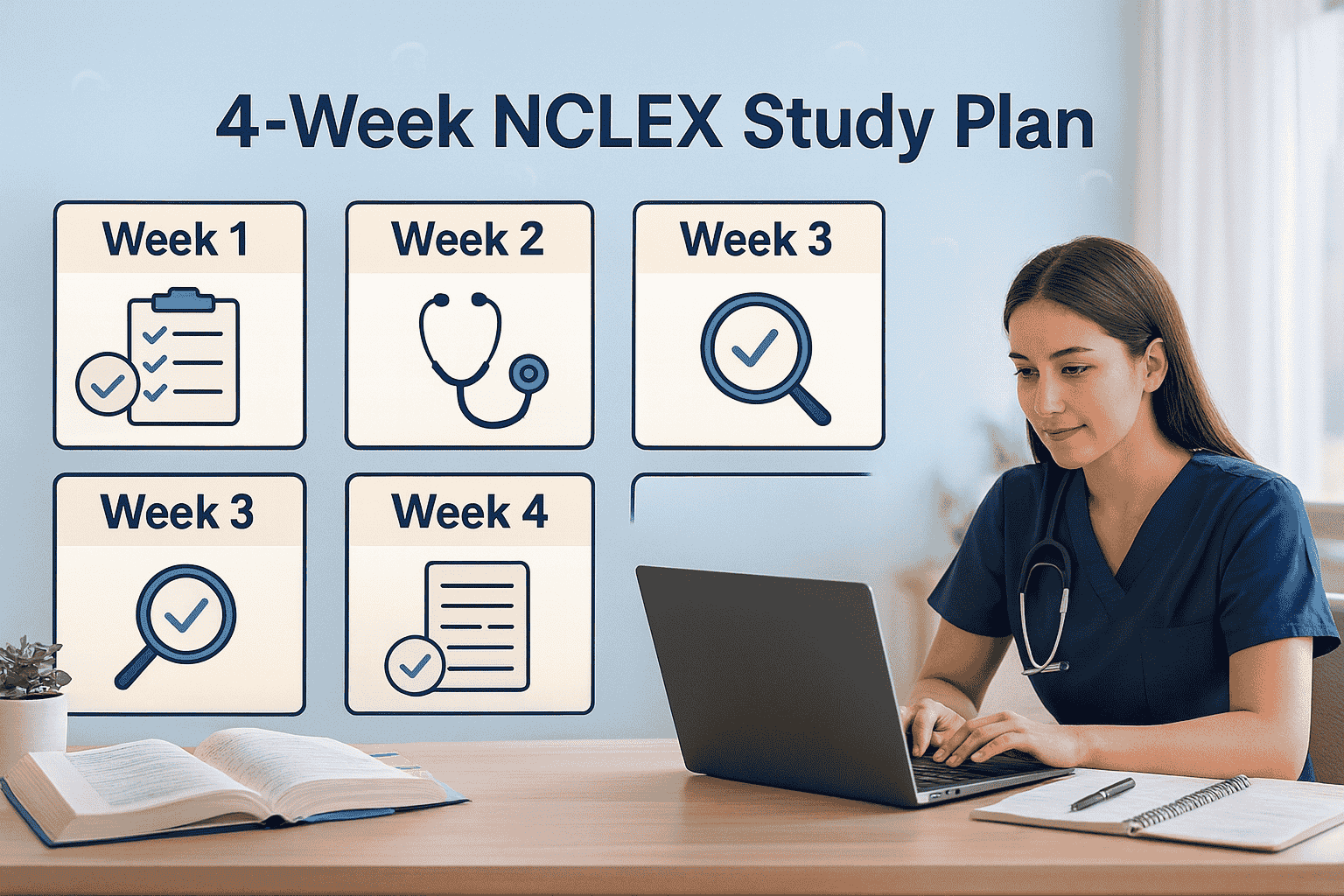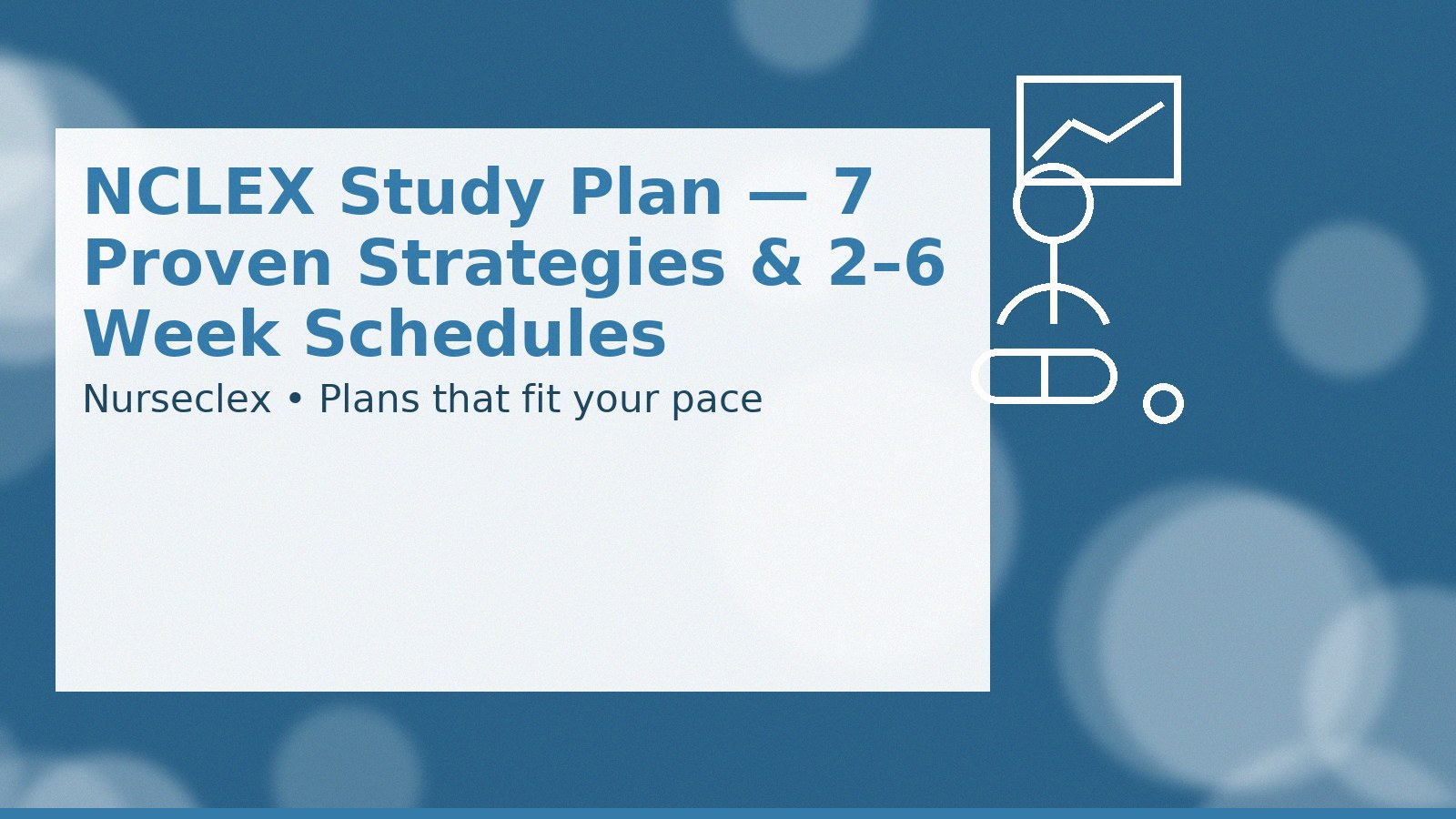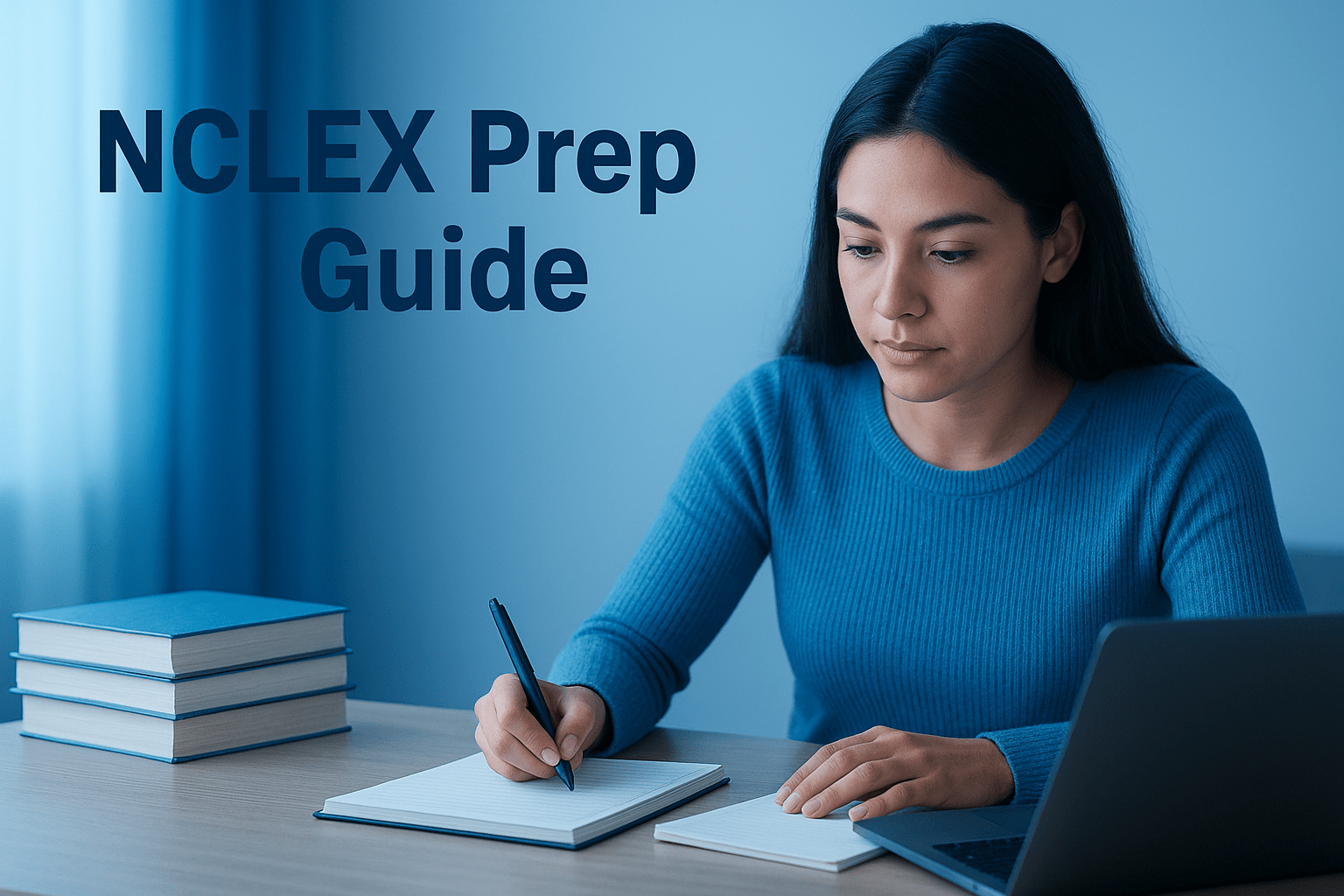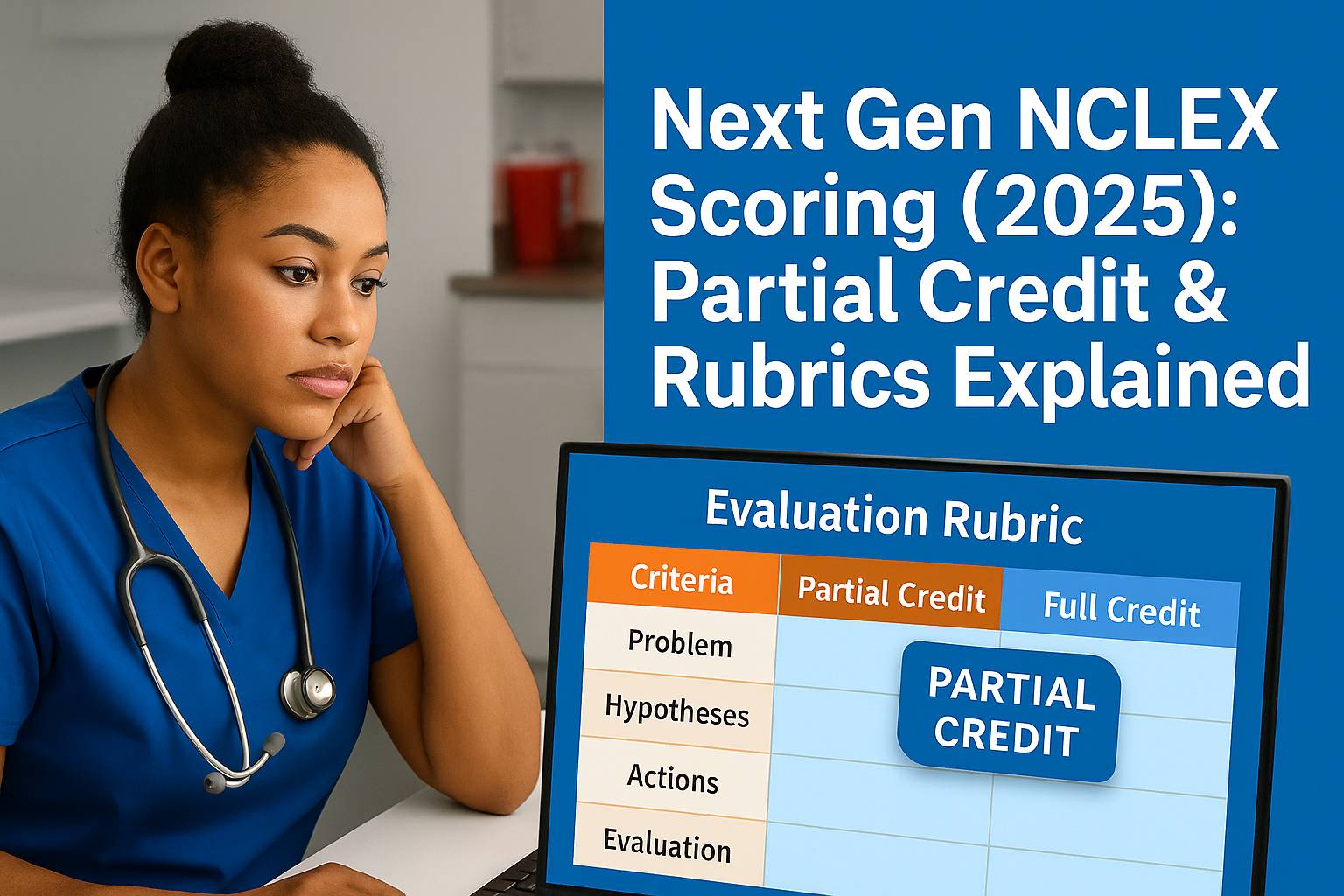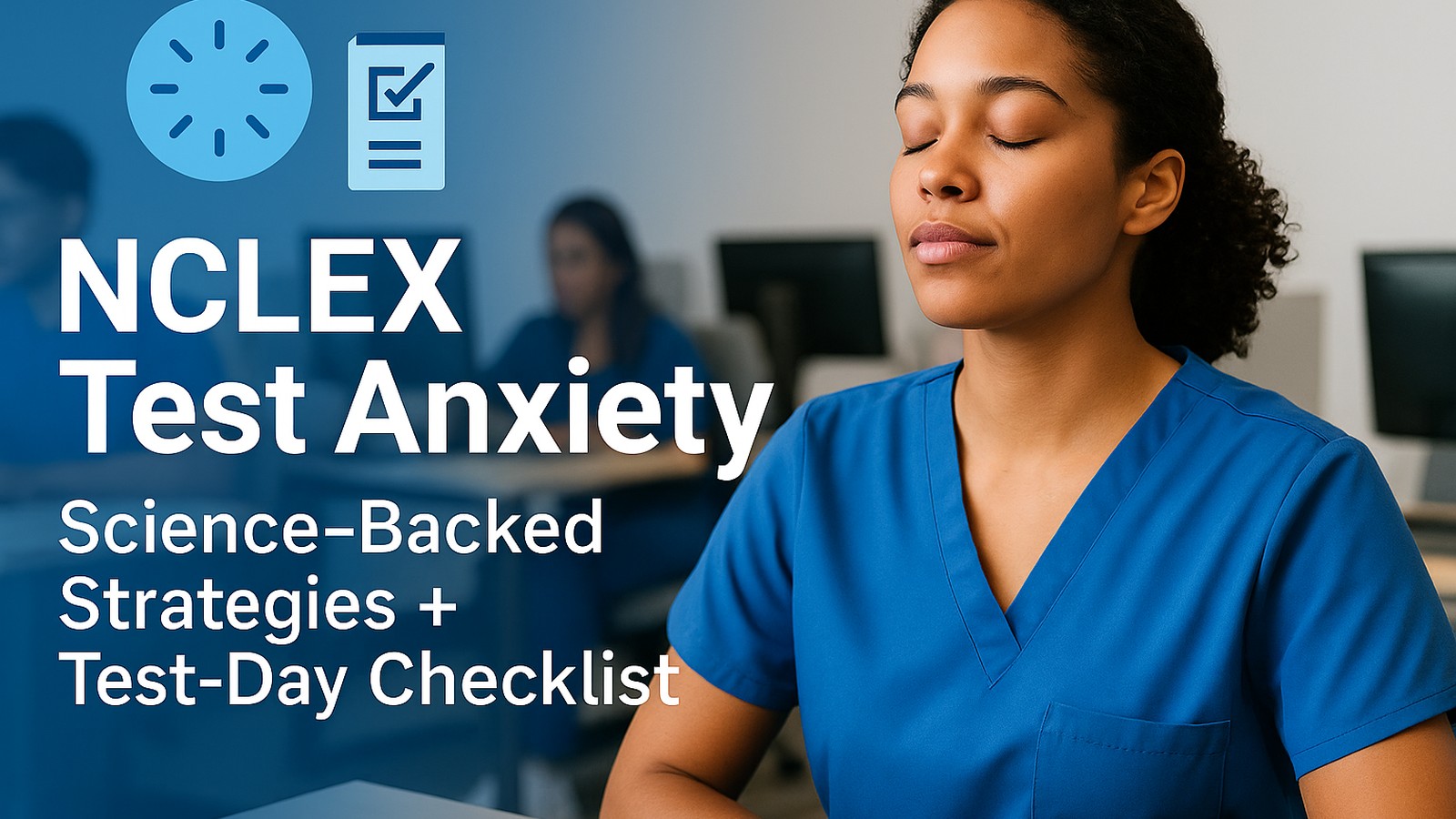Why therapeutic communication matters on the NCLEX
The exam doesn’t only test procedures. It also scores how you respond, build trust, and use therapeutic communication to keep patients safe. Choosing the most patient-centered response often earns the point.
See also: Analysis & Prioritization , Delegation & Scope , Item Types (NGN)
1) Active listening (often the right answer)
-
Maintain eye contact and attentive posture.
-
Let the patient finish; avoid rushing.
-
Reflect or paraphrase: “So what I hear is that the pain feels worse at night—did I get that right?”
NCLEX tip: Avoid replies that center the nurse or minimize feelings.
2) Use open-ended questions
-
“Can you tell me more about how you’ve felt since surgery?”
-
“What concerns you most about starting this medication?”
Pattern to favor: “Tell me more…” / “How do you feel about…”.
3) Show empathy
-
“I can see this is overwhelming.”
-
Skip false reassurance (“You’ll be fine”). It’s non-therapeutic.
4) Seek clarification
-
“When you say you feel ‘strange,’ what do you mean?”
-
Summarize: “You noticed more shortness of breath with walking—correct?”
5) Use nonverbal communication wisely
-
Open posture, lean slightly forward, relaxed shoulders.
-
Read cues: restlessness, avoidance, clenched fists, tearfulness.
6) Validate feelings
-
“It’s understandable to feel nervous before the procedure.”
-
“Many patients feel anxious in this situation—you’re not alone.”
Never: “You shouldn’t feel that way.”
7) Summarize to close the loop
-
“To recap, mornings are toughest for your headaches, and you’d like to explore causes.”
8) Practice cultural sensitivity
-
Ask preferences respectfully: “Are there spiritual or cultural practices you’d like us to honor?”
-
Use qualified interpreters for language barriers (not family).
-
Avoid assumptions; deliver patient-centered care.
Mini practice (NCLEX-style)
Q1. The patient says, “I’m scared this diagnosis will change my life.” Best response?
A. “Try not to worry.”
B. “Tell me more about what you’re most worried about.” ✅
C. “Plenty of people cope fine.”
D. “Let’s change the subject for now.”
Why: Open-ended, explores feelings; avoids reassurance or diversion.
Q2. Patient: “I feel weird.” Best first action?
A. “Can you describe what ‘weird’ feels like?” ✅
B. “It’s probably nothing.”
C. “You’re fine; your vitals are normal.”
D. “You need to calm down.”
Why: Clarifies vague language to maintain safety.
Q3. Teen refuses to talk in front of a parent. Best step?
A. “You must speak with your parent present.”
B. Offer private time and ensure confidentiality per policy. ✅
C. Ask the parent for details instead.
D. Continue the assessment quickly.
Why: Respect autonomy and privacy while following policy.
Q4. Non-English-speaking patient nods to complex consent info. Best action?
A. Proceed; nodding means understanding.
B. Ask family to translate.
C. Request a qualified medical interpreter and re-explain. ✅
D. Hand them a brochure.
Why: Interpreter ensures true informed understanding.
For more drills: Therapeutic Communication QBank and NGN Case Studies join Nurseclex
Fast checklist for therapeutic communication on NCLEX
-
Prefer open-ended + empathy + validation.
-
Clarify vague statements; summarize to confirm understanding.
-
Avoid advice, judgment, false reassurance, changing the subject.
-
Use interpreters and respect culture and privacy.
-
Always prioritize patient feelings, safety, and self-expression.
Why Nurseclex helps you master this faster
-
2,000+ NCLEX-style items with rationales
-
Full-length mocks and analytics
-
NGN case studies that score communication step-by-step
Start now

